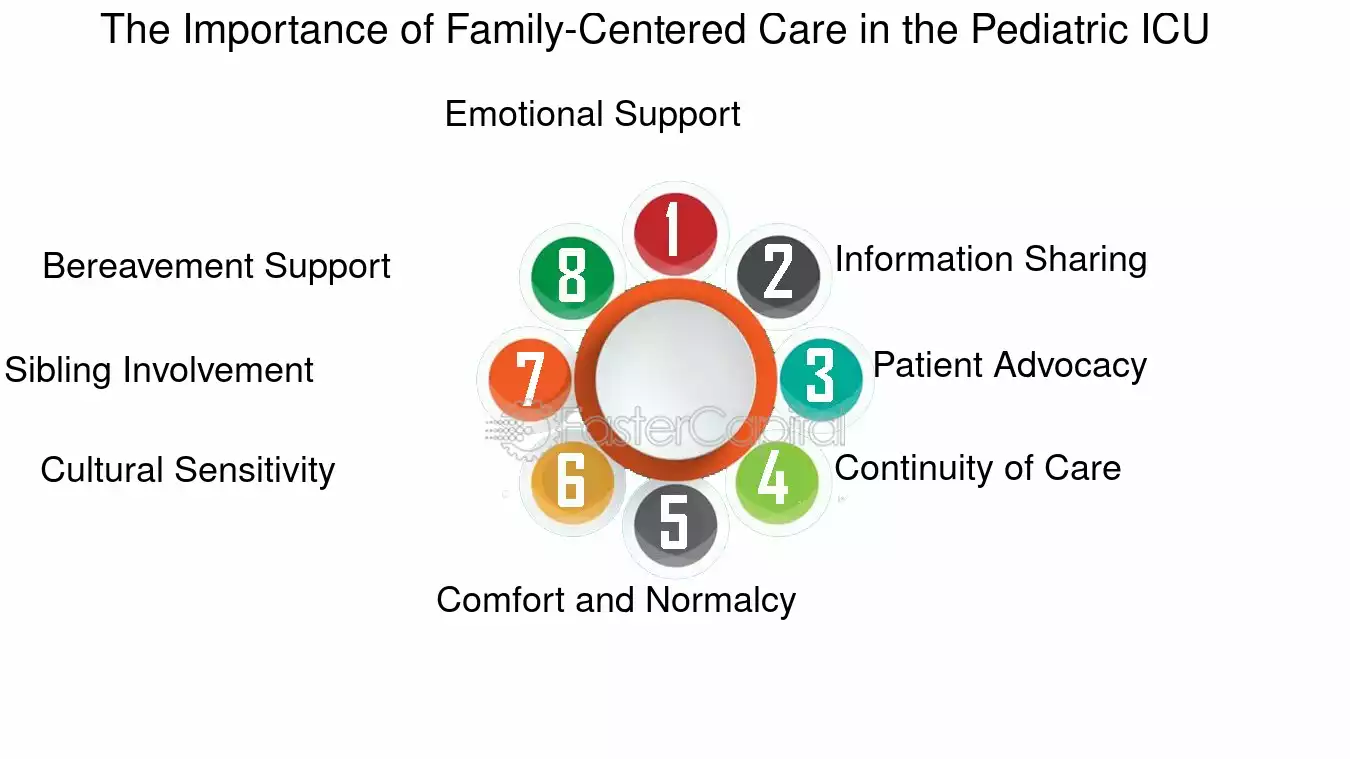Providing care for children with complex healthcare needs can be a daunting challenge for families. Did you know that around 1 in 3 children in the United States are affected by a chronic health condition? This statistic highlights the importance of pediatric programs designed specifically to address these unique challenges.
Such programs not only offer specialized medical care but also provide essential support to families grappling with these challenges. Keep on reading to learn more.
The Role of Pediatric Programs
Pediatric programs encompass a variety of healthcare services tailored for the specific needs of children. These programs can include, but are not limited to:
- Chronic disease management
- Rehabilitation services
- Behavioral and mental health support
- Nutrition and dietary planning
- Therapeutic services such as physical and occupational therapy
Through these services, pediatric programs aim to provide comprehensive care that aligns with children’s developmental needs. They can ensure that they grow up healthy and supported.
Family-Focused Support
A big part of pediatric programs is helping families take part in care. Families are more than just helpers-they are an important part of the team. These programs give parents and guardians information and support. This helps them make good choices for their child’s health.
When families are involved, kids usually get better care and feel more supported. Some of the ways pediatric programs support families include:
- Family counseling services
- Support groups for parents
- Workshops on managing specific health conditions
- Access to community resources
- Coordination between different healthcare specialists
With these supports in place, families can navigate the complexities of healthcare systems more effectively.
Skilled Services Tailored to Individual Needs
Every child is different, so their healthcare should be too. Pediatric programs use doctors, nurses, therapists, and other helpers to make care plans just for each child. These plans support not just the child’s body, but also their feelings and mental health.
Many programs also use new tools like video visits with doctors. This helps families who live far away or can’t travel easily. With telehealth, kids can get care without leaving their homes. Check out this personalized pediatric home care for families in Atlanta for more insights on the type of services provided.
The Impact of Pediatric Programs
Pediatric programs help more than just the child and their family. They make a big difference in the whole community. When kids get regular checkups and care, they stay healthier. This means fewer emergency visits and less pressure on hospitals. Early care also helps spot problems before they get worse. Children who get help early can grow up stronger and do better in school and life. These programs give kids a better chance at a bright future.
Empowering Families Through Pediatric Programs
In summary, pediatric programs play a crucial role in delivering specialized care to children with complex needs. Their emphasis on family support and tailored services helps create a well-rounded approach to healthcare that benefits not only the children but also their families and communities. The mission of these programs is to empower families by giving them the tools, knowledge, and support necessary to advocate for their children’s health.
For more related topics, check out the rest of our blog!

Dilawar Mughal is an accomplished author with a passion for storytelling. His works span various genres, from thrilling mysteries to heartfelt romance novels. With a keen eye for detail and a knack for character development, Sana Fatima weaves engaging narratives that captivate readers and transport them to new worlds.









